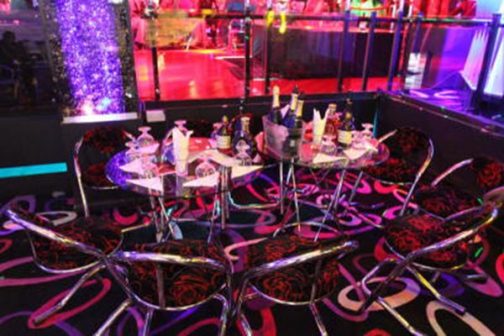×
The Standard e-Paper
Smart Minds Choose Us

A major shift is underway at the local bar as young men develop sweet tooth for alcohol while young women close the gender drinking gap.
Having all along associated alcohol disorders with males, medical doctors now say they are ill prepared to handle expected health complications in women. But brewers have heartily welcomed the modern, financially independent and less inhibited woman to the drinking table.